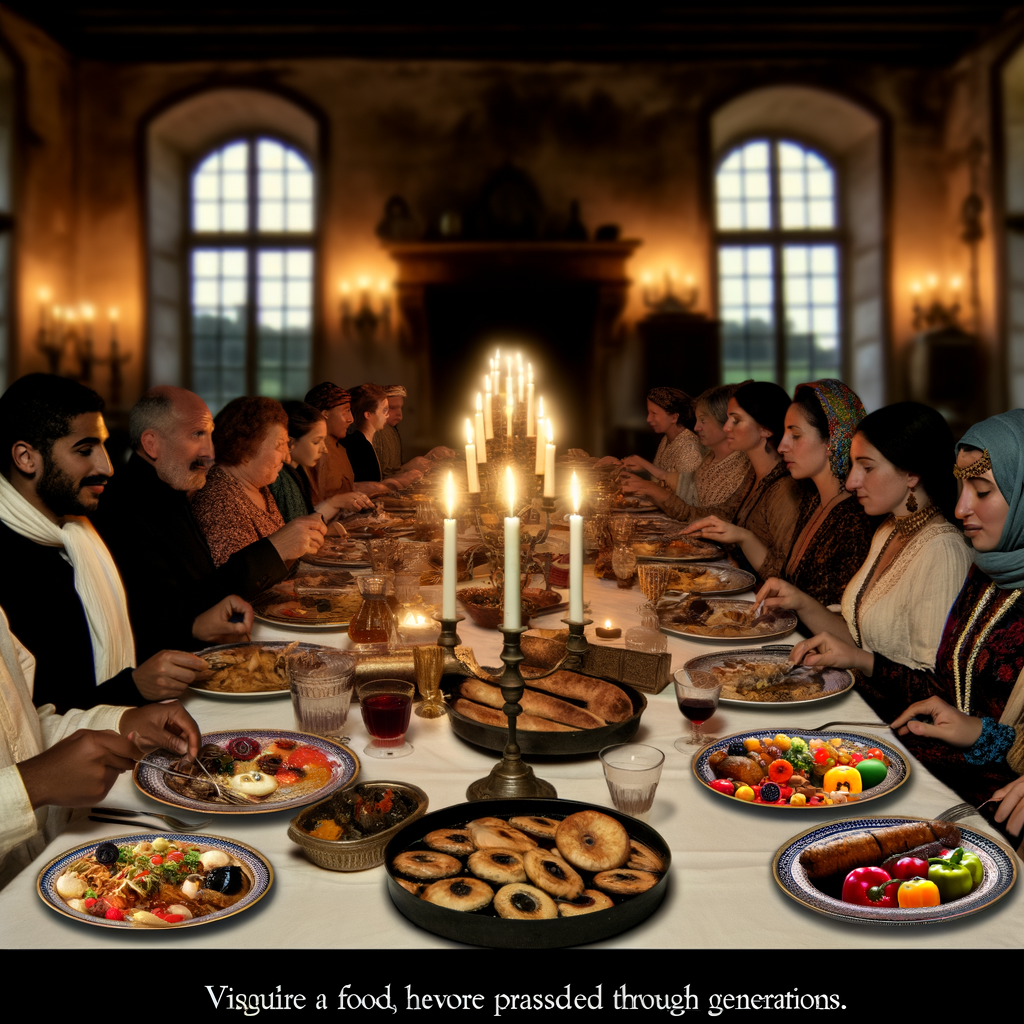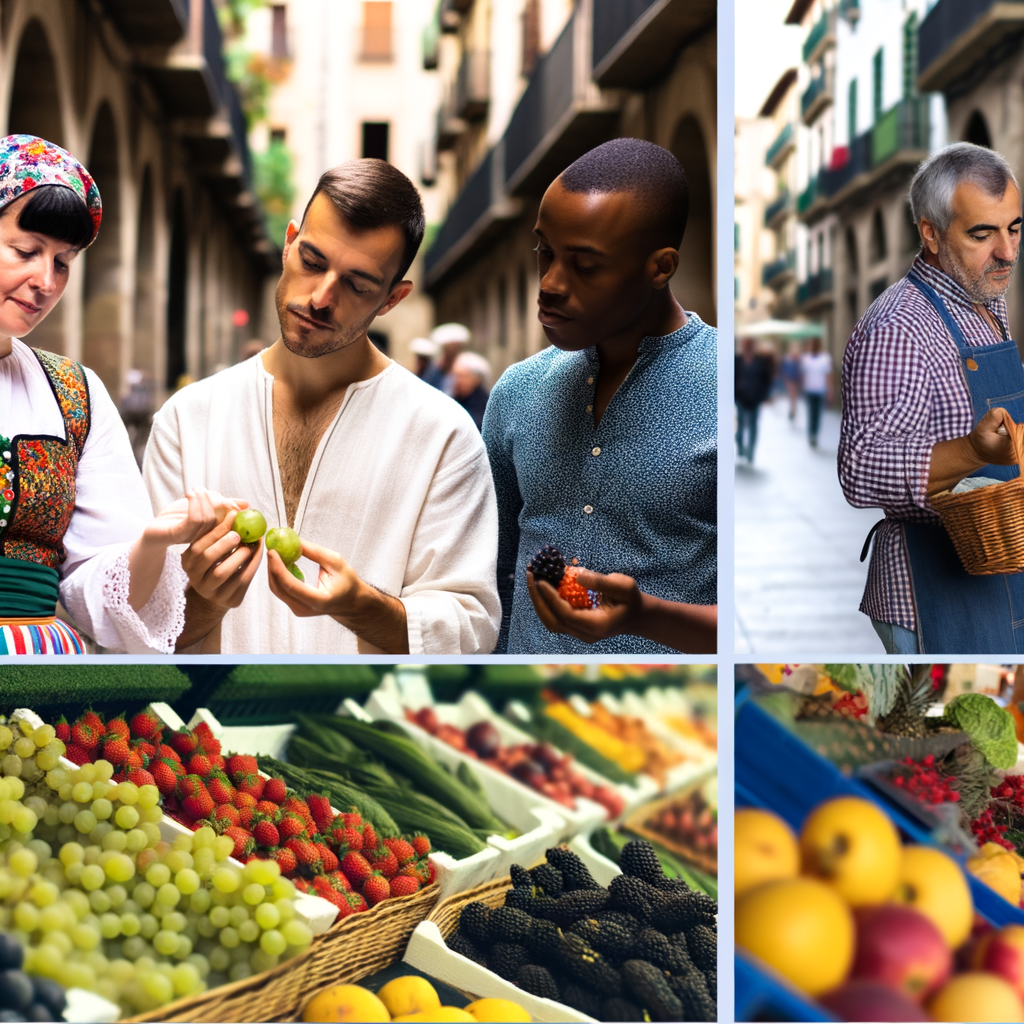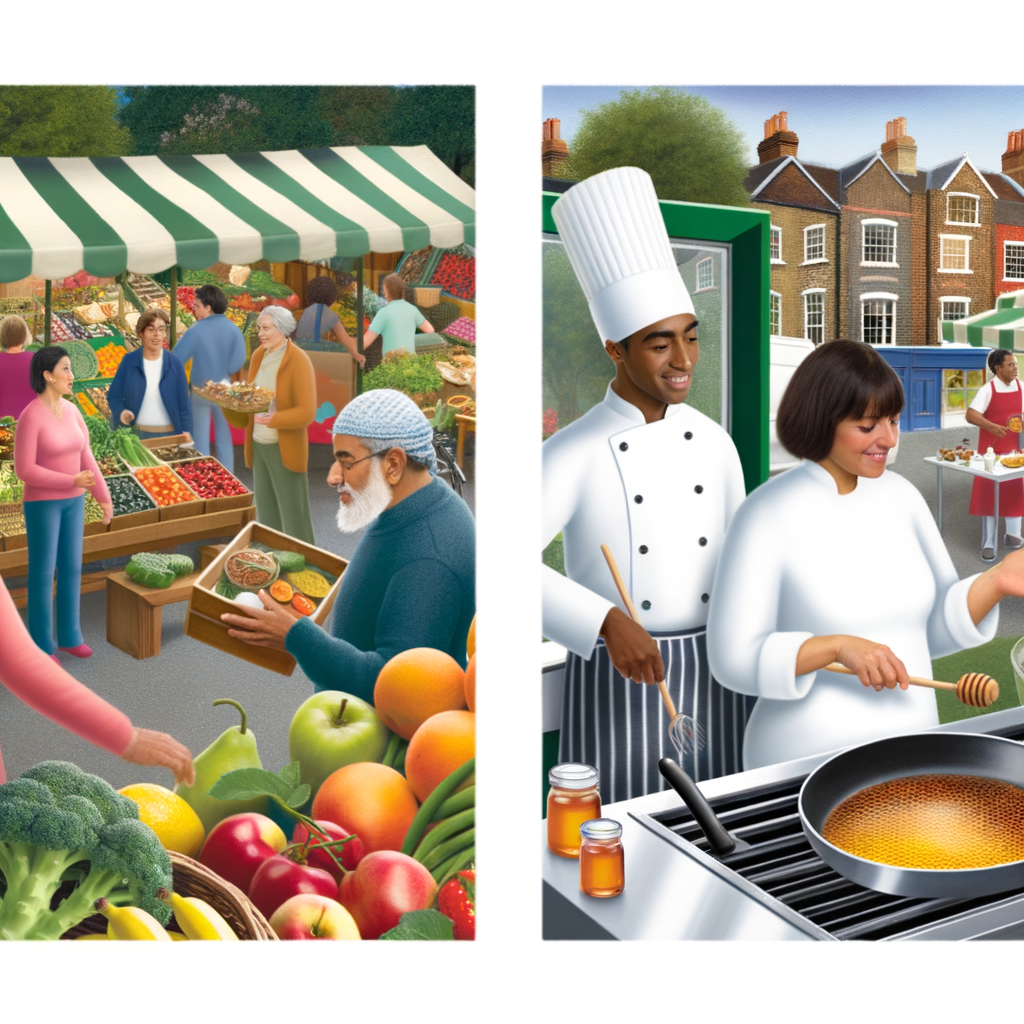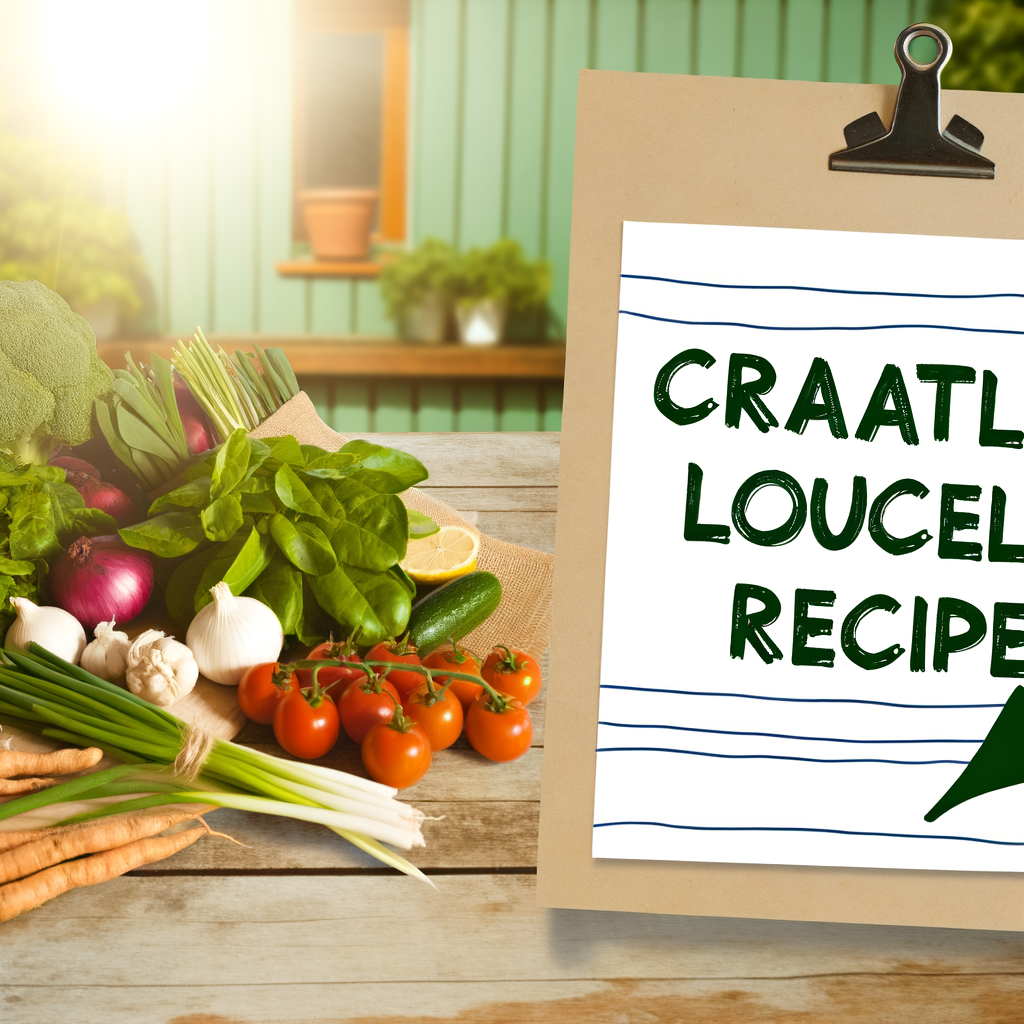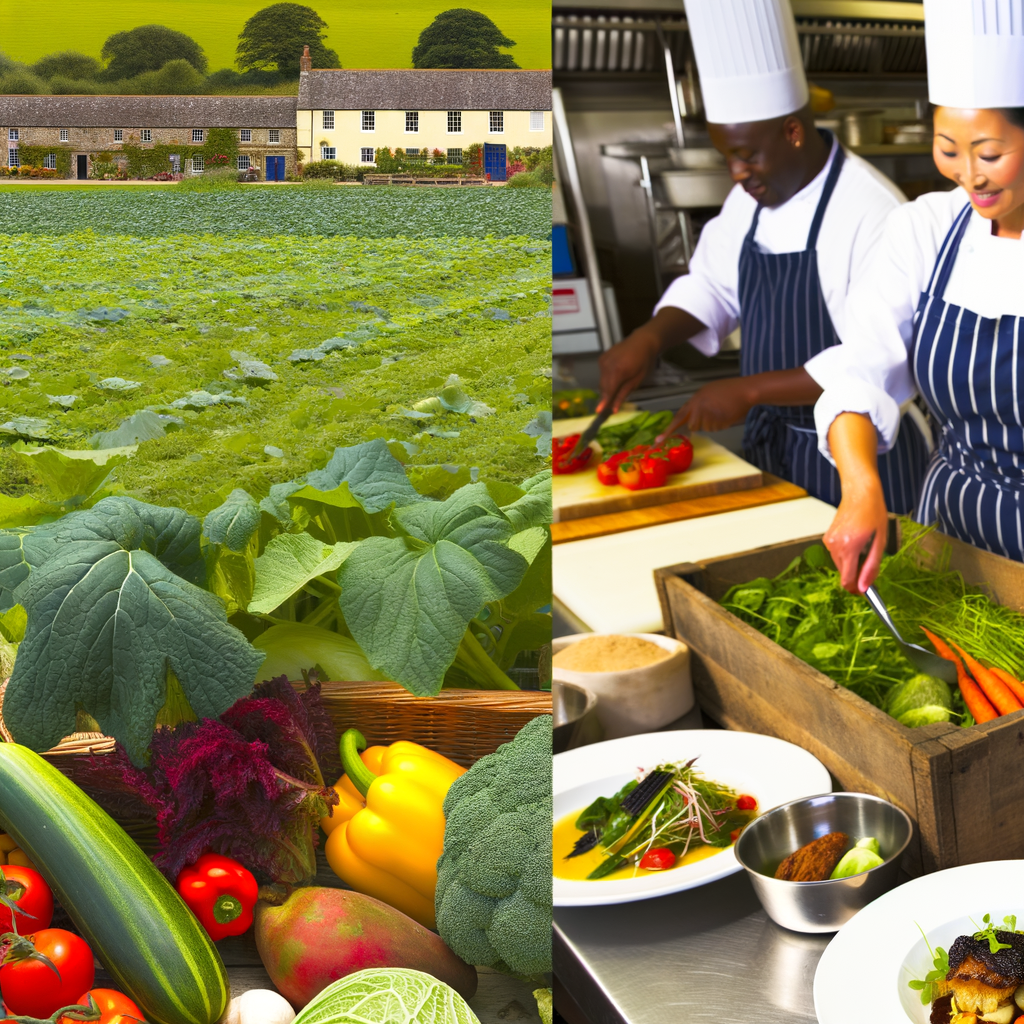Europe is home to a vast array of culinary traditions, each one steeped in history and culture. From the hearty stews of Ireland to the delicate pastries of France, food has always played a crucial role in European culture. One such tradition that stands out is the concept of farm-to-table cooking. This practice emphasizes the use of fresh, locally-sourced ingredients in dishes, resulting in meals that are bursting with flavor and texture. In fact, many European countries have strict regulations in place to ensure that their food is of the highest quality and sourced from nearby farms. This not only supports local communities but also promotes sustainable farming practices. Another important aspect of European culinary traditions is the use of seasonal ingredients. Chefs and home cooks alike take advantage of what each season has to offer, creating dishes that reflect the changing landscape and climate. This not only adds diversity to the food but also connects people to their surroundings. Finally, the act of sharing a meal is deeply ingrained in European culture. Whether it’s a family gathering or a celebration with friends, food brings people together and creates a sense of community. This is evident in the many festivals and events centered around food, where locals and tourists alike can come together and experience the unique flavors of a particular region. Food and culture are intertwined in Europe, and embracing culinary traditions is a way of preserving and celebrating the rich history and diversity of the continent.
